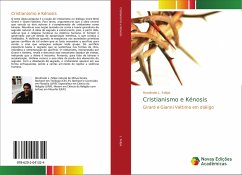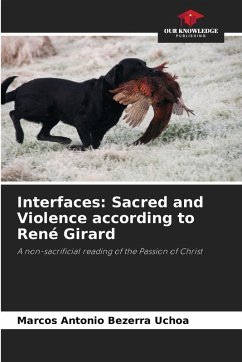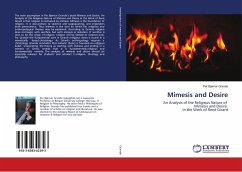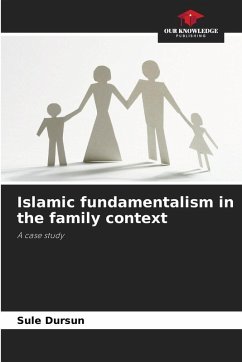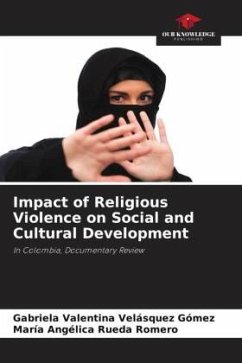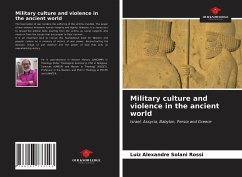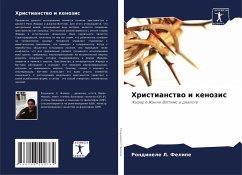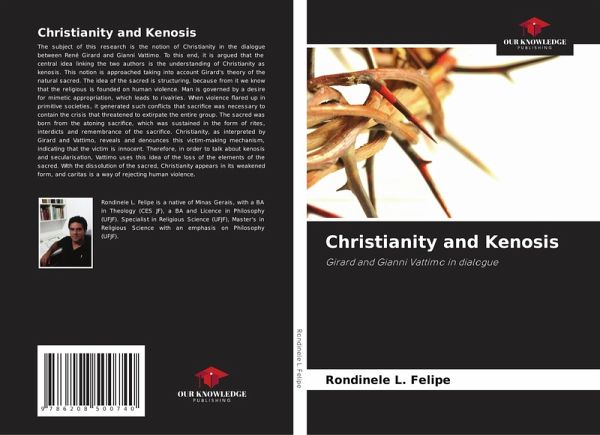
Christianity and Kenosis
Girard and Gianni Vattimo in dialogue
Versandkostenfrei!
Versandfertig in 6-10 Tagen
33,99 €
inkl. MwSt.

PAYBACK Punkte
17 °P sammeln!
The subject of this research is the notion of Christianity in the dialogue between René Girard and Gianni Vattimo. To this end, it is argued that the central idea linking the two authors is the understanding of Christianity as kenosis. This notion is approached taking into account Girard's theory of the natural sacred. The idea of the sacred is structuring, because from it we know that the religious is founded on human violence. Man is governed by a desire for mimetic appropriation, which leads to rivalries. When violence flared up in primitive societies, it generated such conflicts that sacr...
The subject of this research is the notion of Christianity in the dialogue between René Girard and Gianni Vattimo. To this end, it is argued that the central idea linking the two authors is the understanding of Christianity as kenosis. This notion is approached taking into account Girard's theory of the natural sacred. The idea of the sacred is structuring, because from it we know that the religious is founded on human violence. Man is governed by a desire for mimetic appropriation, which leads to rivalries. When violence flared up in primitive societies, it generated such conflicts that sacrifice was necessary to contain the crisis that threatened to extirpate the entire group. The sacred was born from the atoning sacrifice, which was sustained in the form of rites, interdicts and remembrance of the sacrifice. Christianity, as interpreted by Girard and Vattimo, reveals and denounces this victim-making mechanism, indicating that the victim is innocent. Therefore, in order to talkabout kenosis and secularisation, Vattimo uses this idea of the loss of the elements of the sacred. With the dissolution of the sacred, Christianity appears in its weakened form, and caritas is a way of rejecting human violence.






